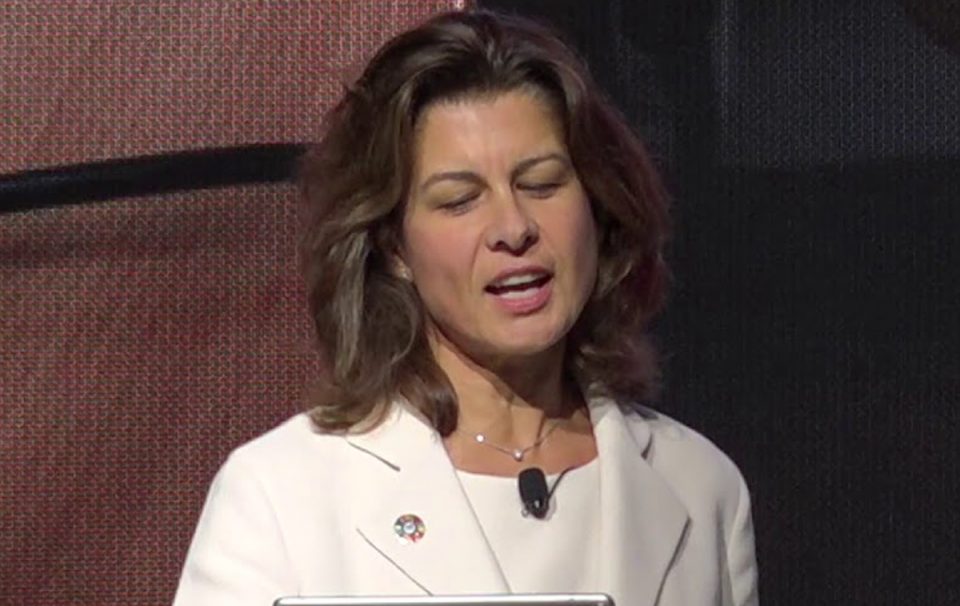Economists at the International Monetary Fund and World Bank have revealed that persisting inflationary pressure will limit the ability of central banks in Nigeria and other emerging markets to borrow from their respective governments in order to finance their budgets.
The economists, Director of the IMF’s Strategy, Policy, and Review Department, Ceyla Pazarbasioglu, and Senior Vice President/Chief Economist of the World Bank Group, Carmen Reinhart, disclosed this in an article titled, ‘Shining a Light on Debt’ published on IMF’s blog on Tuesday.
According to them, the pandemic has increased the gross financing needs of the public sector, and many emerging economies have run down this source of financing.
They said, “Debt risks are high and are likely to remain so for several years, as the pandemic has increased the gross financing needs of the public sector on a sustained basis among emerging markets and developing economies.
“Many have run down domestic sources of financing. And their ability to borrow from domestic central banks—which some countries have done extensively since early 2020—will be more limited if inflation pressure persists.
“These developments may make emerging markets and developing economies more dependent on external financing and expose them to greater risks of a sudden stop in external financing. Last, but not least, financing needs—and debt—have a habit of coming in higher than expected.”
The economists added that the increase in government debt held by their central banks implies that sovereign debt distress could spread to banks, pension funds, households, and other parts of the domestic economy.
According to them, China is likely to become an unwilling lender as it deals with its property sector bankruptcies.
World Bank economist warns countries against excessive borrowing
They said, “Global financial conditions are set to deteriorate as central banks in advanced economies tighten policy to fight unexpectedly persistent inflation pressure.
“Declining overseas lending by China is poised to reinforce this trend as China deals with its own property sector bankruptcies and the souring of many of its loans to emerging markets and developing economies.”
The Central Bank of Nigeria borrows from the Federal Government through Ways and Means Advances, which is a loan facility used by it to finance the government in periods of temporary budget shortfalls subject to limits imposed by law.
According to a report by The PUNCH, the Federal Government’s total borrowing from the CBN stood at N15.51tn as at August 2021.




